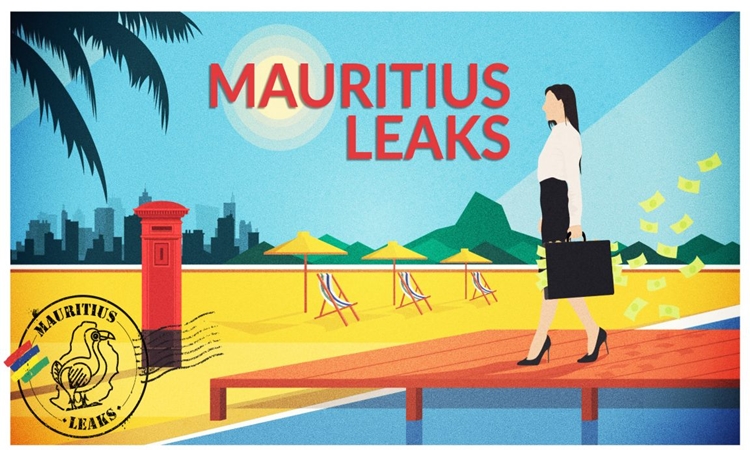SAM
Published:2020-01-21 02:01:11 BdST
Tax Treaties Scrutinized, Re-negotiated in Wake of Mauritius Leaks Investigation
FT ONLINE
Within hours of the publication of Mauritius Leaks, the latest investigation by the International Consortium of Investigative Journalists, officials from the island tax haven huddled to respond to the exposé of its offshore sector.
Ministries and official agencies called the findings “serious and malicious.” Police opened a probe into the alleged “hacking” of the law firm whose files formed the basis of the investigation, according to news reports. ICIJ received the documents from an anonymous whistleblower.
Mauritius Leaks revealed how prominent multinational corporations and investors from North America, Europe, Australia and Africa, including an investment fund co-founded by Irish singer and anti-poverty crusader Bob Geldof, planned to cut tax bills through Mauritius.
The government of Mauritius denies that its tax laws facilitate tax avoidance and accused reporters of seeking to harm the country’s reputation. Officials from Africa and Asia welcomed the disclosures and promised to examine the investigation’s findings.
“We have to continue with revelations like these that shape the conscience of citizens,” one Senegalese tax inspector told ICIJ. “In the end, pressure on political authorities will lead to virtuous reforms.”
ICIJ collaborated with 54 journalists from 18 countries, including first-of-a-kind partnerships with reporters in Tanzania, Mauritius and the United States. Journalists explored more than 200,000 records, ranging from tax advice from major audit firms to audio recordings.
Here are some of the investigation’s key findings and reactions so far.
Mauritius
Reporters at L’Express in Mauritius were prepared for a backlash from the government and offshore sector after the publication of Mauritius Leaks.
The Mauritius government accused reporters who worked on the investigation of having an “agenda” and seeking to harm Mauritius’ reputation. Mauritius denied that its laws facilitated the leaching of revenue from other countries, including poorer neighbors in Africa, and pointed to its recent reforms.
“The problem isn’t the role of our newspaper in this investigation of 200,000 documents, emails, contracts and recordings,“ wrote L’Express editor Nad Sivaramen about his newspaper’s involvement in the project. “The world isn’t a playground and our country was bound to attract criticism sooner or later,” Sivaramen wrote.
Botswana
Botswana’s INK Centre for Investigative Journalism exposed how Esri, a California-based digital mapping company, received payments from the government of Botswana to a shell company in Mauritius for software licenses. In a leaked audio recording from a 2015 meeting, directors of the Mauritius company admitted it had no real operations.
“In my opinion, it is a real problem insofar as Mauritius … now behaves as a gateway for potential tax avoidance through the issuance of invoices,” Reine Flore Tamo, a tax specialist in Cameroon, told INK. “We are looking at possible misappropriation of public funds.”
Uganda
Uganda’s Daily Monitor reported how one of the country’s most high-profile businessmen, Patrick Bitature, may have benefited from investments structured through Mauritius into a power station.
Experts said that the multi-million-dollar investment via Mauritius raised red flags for tax avoidance. Bitature denied wrongdoing.
After the publication of The Daily Monitor’s investigation, Electro-Maxx, the company that received the offshore loans and investment alongside Bitature, published a press release that claimed there was no tax benefit gained through Mauritius and labeled the reporting “sensationalized.”
Unauthorized use or reproduction of The Finance Today content for commercial purposes is strictly prohibited.


